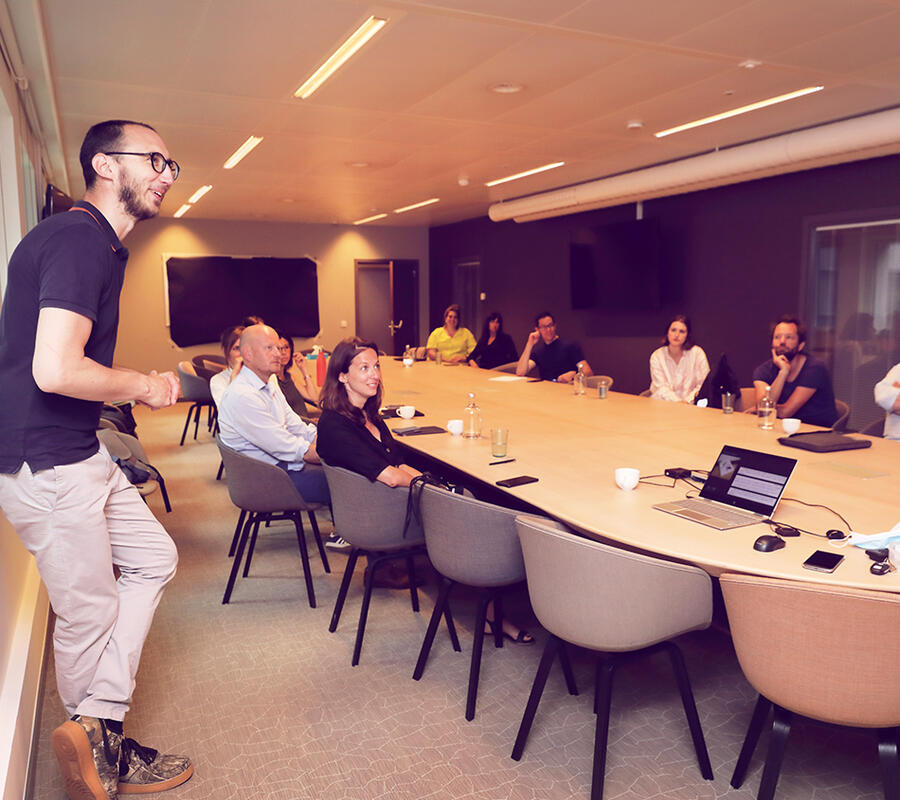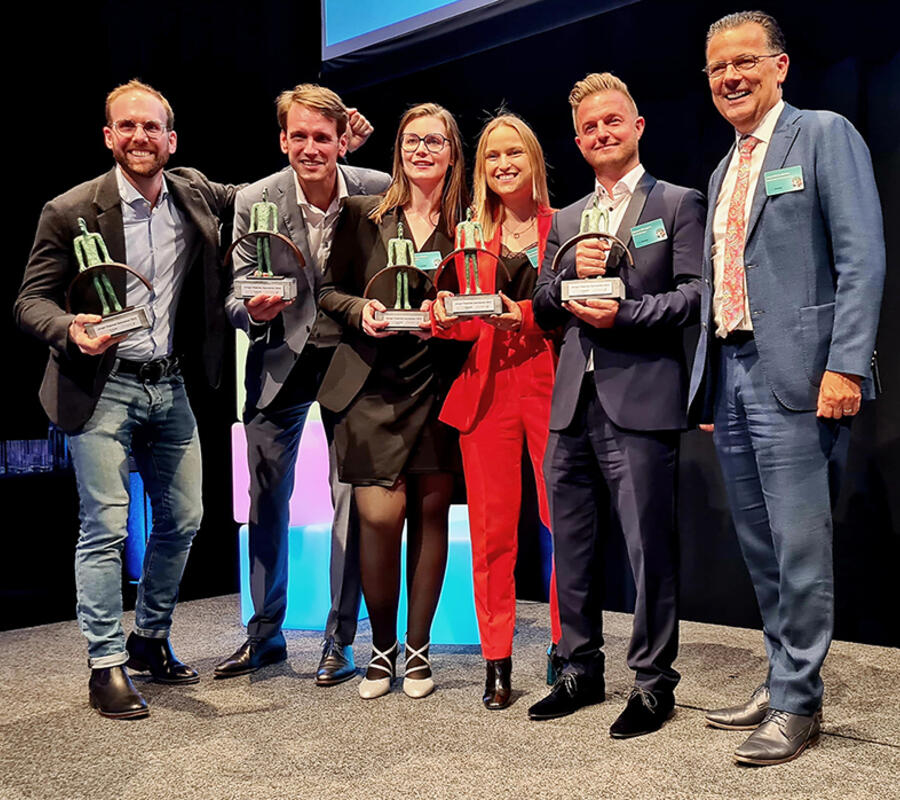For two days, FAAST organised a workshop on economic resilience for its partners. CFE, ATENOR, Democo, Nelson group, A2M, Mabax, Moreno architecture, AG Real Estate and Knauf combined their technical know-how and creativity in a concrete architectural project with an accompanying business plan. The result is just as interesting as the process of the project itself. The 'little treaty on economic resilience' demonstrates the power of interdisciplinary cooperation.
COVID-19, climate change, social inequalities, migration flows, resource depletion, ... All these things make it necessary to reconsider the supposedly immovable foundations and question the sustainability of our precious possessions. Also in our daily lives, our lifestyles and our buildings. Today, 'just' sustainable is no longer enough. As players in the building sector, we must prepare ourselves for the many changes that await us.
How should we design and construct buildings that can evolve and take these changes into account? How can we design construction and/or renovation projects that can withstand such uncertainties, so that they are economically viable in the long term?
Two separate working groups had to elaborate and put on paper their definition of an economically resilient project for an existing building. They studied how a real project can cope with unexpected but realistic events. They then translated these activities and architectural transformations into financial language.
In the course of the day, their project was exposed to various possible events that thwarted their initial plans. Together, they came to realise that it is not so easy to anticipate them and propose an initial - at least partial - response.
The result? A 'Small treaty on Economic Resilience' and its visual summary. A particularly rich, interdisciplinary work that brings together the knowledge and experience of major players in the construction sector.



